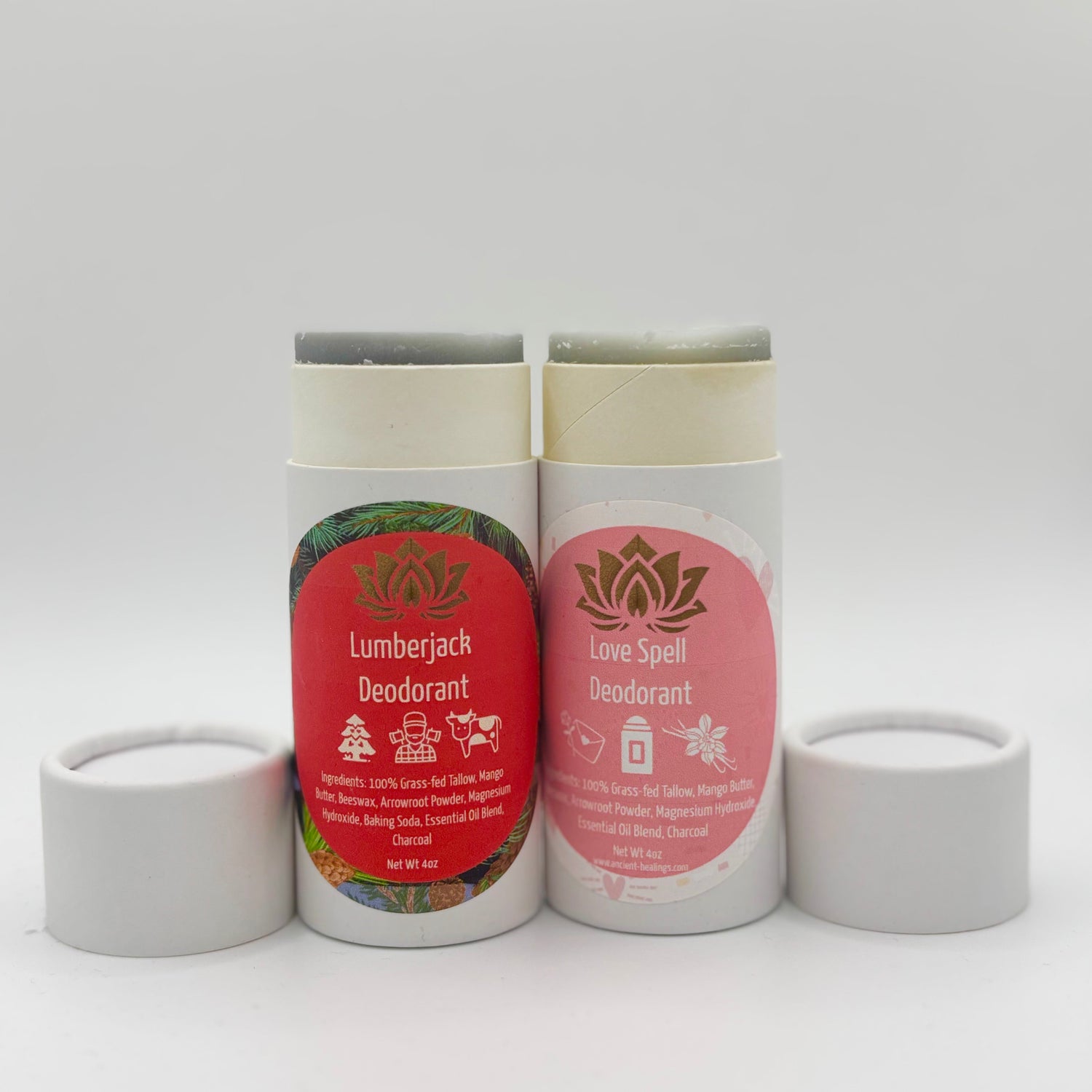DEET, short for N,N-diethyl-meta-toluamide, is a synthetic chemical developed by the US Army in the 1940s. It's been widely used in insect repellents for over 70 years. The reason is simple: it works. DEET is effective at keeping away mosquitoes, ticks, biting flies, and other insects that can carry disease.
How DEET Works
DEET doesn’t kill insects. It works by blocking the receptors insects use to detect human scent. When you wear DEET, mosquitoes are less able to sense the carbon dioxide and sweat your body gives off. In effect, it makes you invisible to them.
Health Risks and Concerns
While DEET has been approved for use by regulatory bodies, it has raised concerns among many users and health experts. These include:
-
Skin irritation: Some people report rashes, redness, or burning after applying DEET-based products.
-
Neurological symptoms: Animal studies have shown potential links between DEET exposure and nervous system effects. Research in humans is less clear but has raised enough concern for caution.
-
Not recommended for infants: Health authorities advise against using DEET on babies under two months old.
-
Chemical reactivity: DEET can damage plastics, synthetic fabrics, watch faces, and other materials it touches.
The Rise of Natural Alternatives
Many people are now switching to natural bug repellents. These products often use ingredients like andiroba oil, lemon eucalyptus oil, and other plant-based compounds. Instead of disrupting insect nerves, these oils mask your scent using natural compounds that bugs dislike.
Natural repellents are popular among parents, outdoor users, and anyone trying to reduce exposure to synthetic chemicals. When made with high-quality ingredients, they offer strong protection with a better safety profile and a more pleasant experience on the skin.
Conclusion
DEET is effective. But it’s also harsh, synthetic, and not without side effects. If you’re looking for cleaner options, natural repellents now offer real alternatives. Look for formulas that combine botanical actives with nourishing bases like grass-fed tallow. You’ll protect your skin from bites while avoiding chemicals that were never designed for long-term use on human bodies.


